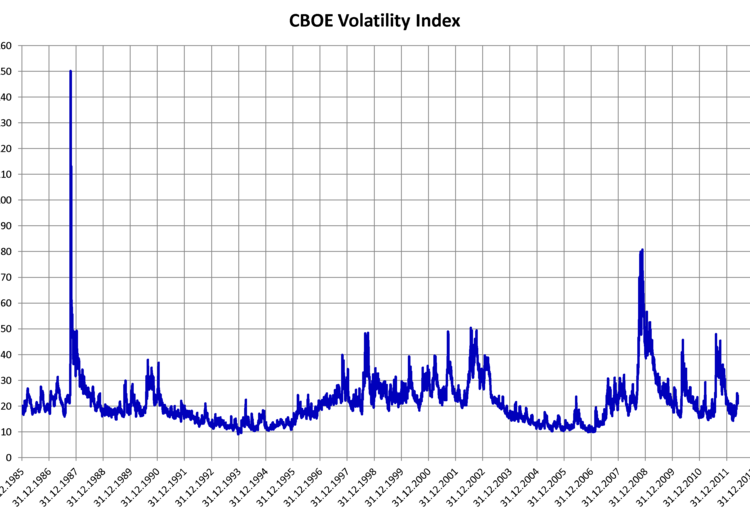Prosecutors call it a ‘vending machine’ for tax evasion
- Land conservation fraud allowed wealthy individuals to avoid $450 million in taxes
- Ringleaders sentenced to decades in prison for tax evasion
- Fraud centered around a controversial tax-shelter structure known as a conservation easement syndicate
- Scam involved falsifying documents and hiding evidence from the IRS
- Scheme resulted in illegal tax deductions worth $1.3 billion, costing the IRS $450 million in tax revenue
- Ringleaders used proceeds to acquire luxury cars, a private jet, and real estate
- Other accountants involved in the scheme have pleaded guilty
A land conservation fraud scheme allowed wealthy individuals to avoid paying $450 million in taxes. The ringleaders, an accountant and a lawyer in Georgia, were sentenced to decades in prison for their involvement in the tax evasion. The fraud revolved around a controversial tax-shelter structure called a conservation easement syndicate. The ringleaders falsified documents and hid evidence from the IRS, claiming attorney-client privilege. The scheme resulted in illegal tax deductions worth $1.3 billion, costing the IRS $450 million in tax revenue. The ringleaders used the proceeds to acquire luxury cars, a private jet, and real estate. Other accountants involved in the scheme have pleaded guilty.
Public Companies:
Private Companies: undefined
Key People: Jack Fisher (accountant), James Sinnott (lawyer)
Factuality Level: 8
Justification: The article provides details about a tax fraud case involving a conservation easement syndicate. It includes information about the fraud scheme, the individuals involved, and the consequences. The article does not contain any obvious bias or personal perspective. However, it lacks additional sources or perspectives to verify the information presented.
Noise Level: 3
Justification: The article provides a detailed account of a tax fraud scheme involving a conservation easement syndicate. It includes information on the individuals involved, their methods, and the consequences of their actions. The article also mentions the controversy surrounding such tax shelters and the efforts to close the loophole. However, the article lacks scientific rigor and intellectual honesty as it does not provide a balanced perspective or explore alternative viewpoints. It also does not provide actionable insights or solutions for preventing similar frauds in the future.
Financial Relevance: Yes
Financial Markets Impacted: The fraud described in the article involves tax write-offs and illegal tax deductions, which can impact the financial markets and the Internal Revenue Service (IRS). It may also impact wealthy clients who invested in the scam.
Presence of Extreme Event: No
Nature of Extreme Event: No
Impact Rating of the Extreme Event: No
Justification: The article discusses a financial fraud scheme that resulted in illegal tax deductions and financial losses for the IRS. While it does not describe an extreme event, it is relevant to financial topics and has potential implications for financial markets and companies involved.
 www.marketwatch.com
www.marketwatch.com 





